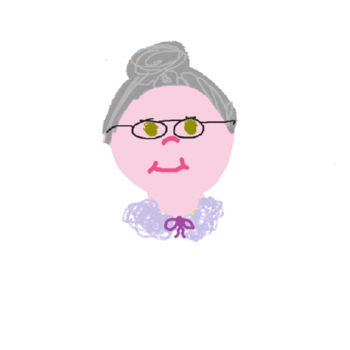Which interrogative pronoun should replace the blank space in the following sentence?: ___ the move what you expected to be?
2 Answers
The sentence won't make any sense, regardless of which of the 5 interrogative pronouns is chosen. That said, if we go by intent, I think the most likely choice is What.
Explanation:
An interrogative pronoun is a word that is designed to make asking a question easy. Each of them is targeted at getting a specific kind of answer.
There are only five words in English that are interrogative pronouns:
- What - this asks for an identification of an object or action
- Which - this asks for a choice between objects or actions
- Who - this asks for an identification of a person (subject)
- Whom - this also asks for identification of a person (object)
- Whose - this asks for ownership of an object or action
and none of them seem to fit in the blank.
http://www.gingersoftware.com/content/grammar-rules/interrogative-pronouns/
If we ignore the fact that the sentence doesn't won't make sense and instead look to the intent of what is being asked, we can work through words that are more and less appropriate for this situation.
Both who and whom are inappropriate - they are for asking about a person and I think it can be seen that our question is asking about a thing or action ("the move").
Which leaves us with what, which, and whose. What is an identification word whereas in this case, which and whose are a selection, a choice. There doesn't seem to be the mention of a choice in the phrase, so I'd vote for what.
The word that should go in the blank space is not a pronoun.
Explanation:
Parzival is correct about the interrogative pronouns.
The word that's needed in the blank is the verb, the main sentence does not have one. As with most interrogative sentences, the word order must be reorganized to place subject and predicate in their standard positions: "The move ---- what you expected".
The pronoun "what" is introducing the relative clause "what you expected to be".
This relative clause is functioning as the direct object of the verb that goes in the blank.
Examples:
Is the move what you expected?
Was the move what you expected?


